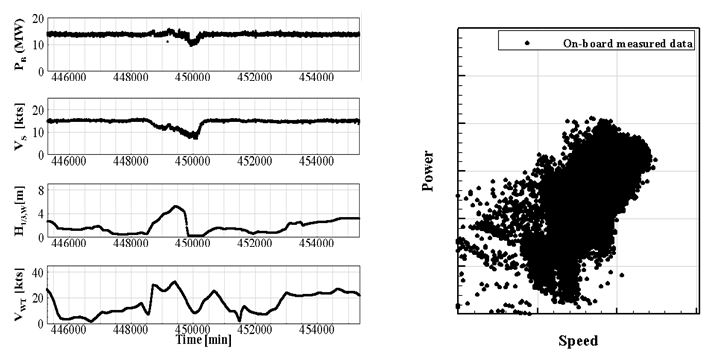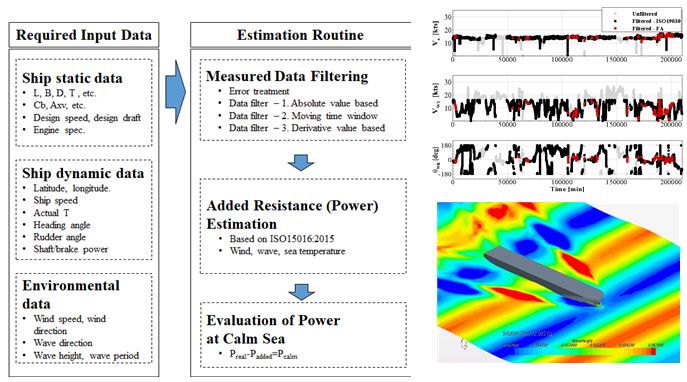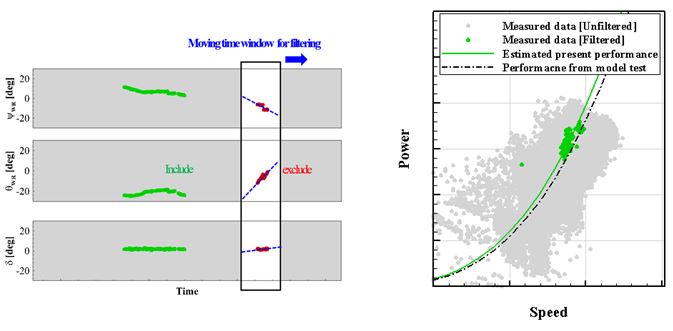 KR Webzine Vol.158
KR Webzine Vol.158
Archive
- Dec. 2021
- Nov. 2021
- Oct. 2021
- Sep. 2021
- Aug. 2021
- Jul. 2021
- Jun. 2021
- May. 2021
- Apr. 2021
- Mar. 2021
- Feb. 2021
- Jan. 2021
- Dec. 2020
- Nov. 2020
- Oct. 2020
- Sep. 2020
- Aug. 2020
- Jul. 2020
- Jun. 2020
- May. 2020
- Apr. 2020
- Mar. 2020
- Feb. 2020
- Jan. 2020
- Dec. 2019
- Nov. 2019
- Oct. 2019
- Sep. 2019
- Aug. 2019
- Jul. 2019
- Jun. 2019
- May. 2019
- Apr. 2019
- Mar. 2019
- Feb. 2019
- Jan. 2019
- Dec. 2018
- Nov. 2018
- Oct. 2018
- Sep. 2018
- Aug. 2018
- Jul. 2018
- Jun. 2018
- May. 2018
- Apr. 2018
- Mar. 2018
- Feb. 2018
- Jan. 2018
- Dec. 2017
- Nov. 2017
- Oct. 2017
- Sep. 2017
- Aug. 2017
- Jul. 2017
- Jun. 2017
- May. 2017
- Apr. 2017
- Mar. 2017
- Feb. 2017
- Jan. 2017
- Dec. 2016
- Nov. 2016
- Oct. 2016
- Sep. 2016
- Aug. 2016
- Jul. 2016
- Jun. 2016
- May. 2016
- Apr. 2016
- Mar. 2016
- Feb. 2016
- Jan. 2016
- Dec. 2015
- Nov. 2015
- Oct. 2015
- Sep. 2015
- Aug. 2015
- Jul. 2015
- Jun. 2015
- May. 2015
- Apr. 2015
- Mar. 2015
- Feb. 2015
- Jan. 2015
- Dec. 2014
- Nov. 2014
- Oct. 2014
- Sep. 2014
- Aug. 2014
- Jul. 2014
- Jun. 2014
- May. 2014
- Apr. 2014
- Mar. 2014
- Feb. 2014
- Jan. 2014
- Dec. 2013
- Nov. 2013
- Oct. 2013
- Sep. 2013
- Aug. 2013
- Jul. 2013
- Jun. 2013
- May. 2013
- Apr. 2013
- Mar. 2013
- Jan. 2013
- Dec. 2012
- Nov. 2012
- Oct. 2012
- Sep. 2012
- Aug. 2012
- Jul. 2012
- Jun. 2012
- May. 2012
- Apr. 2012
- Mar. 2012
- Feb. 2012
- Jan. 2012
- Dec. 2011
- Nov. 2011
- Oct. 2011
- Sep. 2011
- Aug. 2011
- Jul. 2011
- Jun. 2011
- May. 2011
- Apr. 2011
- Mar. 2011
- Feb. 2011
- Jan. 2011
- Dec. 2010
- Nov. 2010
- Oct. 2010
- Sep. 2010
- Aug. 2010
- Jul. 2010
- Jun. 2010
- May. 2010
- Apr. 2010
- Mar. 2010
- Feb. 2010
- Jan. 2010
- Dec. 2009
- Nov. 2009
- Oct. 2009
- Sep. 2009
- Aug. 2009
- Jul. 2009
- Jun. 2009
- May. 2009
- Apr. 2009
- Mar. 2009
- Feb. 2009
- Jan. 2009
- Dec. 2008
- Nov. 2008
- Oct. 2008
- Sep. 2008
- Aug. 2008
- Jul. 2008
- Jun. 2008
- May. 2008
- Apr. 2008
- Mar. 2008
- Feb. 2008
04
April 2021
Data Analysis of On-board Measurement Data for Ship’s Speed Power Performance
1.Introduction
With increasing international concerns about carbon emissions, which are closely related to energy efficiency, International Maritime Organization (IMO) has established environmental regulatory standards such as energy efficiency indexes (EEDI, EEXI) and energy efficiency operation indicators (EEOI). As a result, estimation of operating ship’s speed-power performance becomes important technical issue. In line with such trend, KR is constantly conducting research on a technique to estimate the speed-power performance of ships using on-board measurement data of operating ships.
2.On-board Measurement Data
Below is an example of the time history of voyage data for about a week. Due to the characteristics of a ship sailing in the ocean, it can be seen that the speed of the ship is influenced by disturbances such as wind and waves while the propeller RPM is maintained at a certain level. Therefore, accurately estimating the effect of the additional resistance caused by the marine environment is one of the major technical issues in estimating the speed-power performance of the ship, and a field that still has room for much research. In addition, due to various factors such as the turning of the ship, the difference in response time between the output and the speed, and the uncertainty of the measurement equipment, the correlation between the speed and power is largely distributed even if the additional resistance component is corrected which make it difficult to derive single performance curve.

Figure 1. Example of real-sea operational data
3. Performance Estimation
KR has developed an analysis procedure that can estimate the current speed-power performance of a ship based on ship on-board measurement data as follows. The analysis procedure includes a three-step data filtering method, so it can minimize the uncertainty arising from the commonly used method of estimating the additional resistance of ships.

Figure 2. Schematic diagram of speed-power performance estimation by using real-sea operational data
When this analysis method is applied, it is possible to more accurately derive the ship's current speed-power performance by selecting only data suitable for estimating the speed-performance curve from raw measurement data that was difficult to analyze due to its large scatteredness.
Through this analysis method, the customer (ship owner) can predict the ship’s current speed-power performance which enables establish an efficient ship maintenance plan, such as hull management(painting, hull cleaning) and ship inspection which leads to reduction of ship operating costs. In this regard, KR can provide performance analysis results to a various operation data through cooperation with customers as well as constant research on the technology. Also provide a variety of technical services such as technical review for existing analysis method of the customer.

Figure 3. Speed-power performance estimation from real-sea operational data


